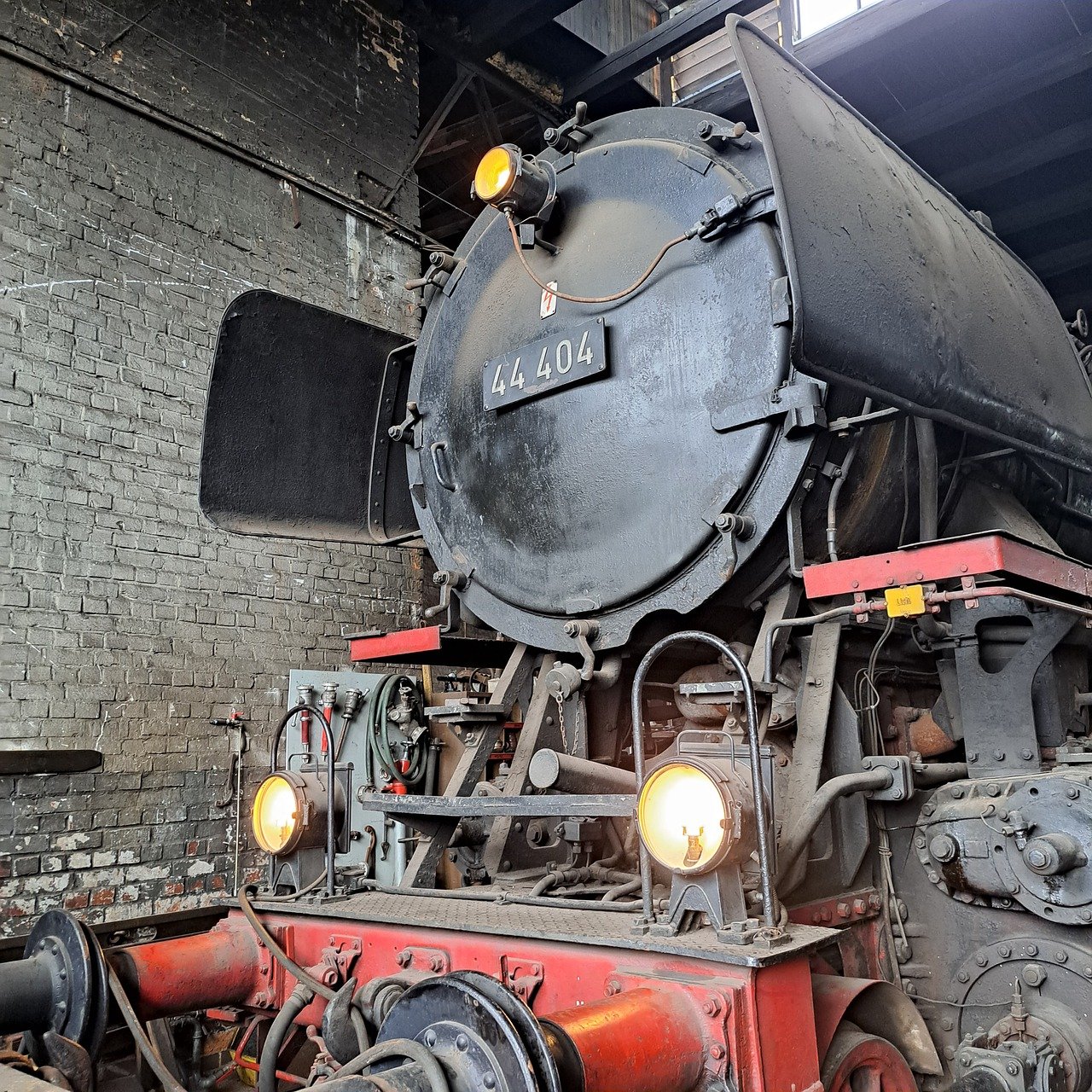Table of Contents
Machinery Mastery: Driving Innovation and Efficiency
In today’s rapidly evolving industrial landscape, mastering machinery is crucial for driving innovation and efficiency. Modern tools and equipment not only streamline processes but also significantly enhance productivity and quality standards across various sectors.
1. The Evolution of Machinery
The history of machinery dates back to ancient civilizations where simple tools were used for basic tasks like farming and construction. Over time, these rudimentary devices evolved into more complex machinery during the industrial revolution. Steam engines, for example, revolutionized manufacturing and transportation in the 18th and 19th centuries. As technology advanced, the introduction of electricity and internal combustion engines further transformed machinery capabilities. The 20th century saw the birth of computerized and automated machinery, marking a critical turning point in industrial efficiency. Today, the integration of smart technology and robotics has ushered in a new era of innovation, making machines more intelligent and adaptable. These developments not only streamline production but also minimize human error and operational costs. As machinery continues to evolve, we can expect further advancements that will shape the future of industries worldwide.
2. Enhancing Productivity Through Automation
Automation is a game-changer in the realm of machinery. By employing automated systems, businesses can achieve significant productivity gains while reducing labor costs. Automated machinery can perform repetitive tasks with high precision and speed, ensuring uniformity in production. This minimizes the likelihood of defects, leading to higher-quality output. Moreover, automation allows for continuous operation, which maximizes throughput and meets high-demand scenarios efficiently. Robots, for instance, are widely used in automobile manufacturing and assembly lines, enhancing both speed and accuracy. Additionally, automation facilitates better resource management by providing real-time data on equipment performance and maintenance needs. This proactive approach helps prevent downtime and extends machinery lifespan. In essence, automation not only boosts productivity but also contributes to a sustainable and efficient production environment.
3. The Role of Smart Technology
Smart technology plays a pivotal role in modern machinery by integrating advanced sensors, IoT (Internet of Things), and AI (Artificial Intelligence) systems. These technologies enable machines to communicate and make data-driven decisions. For instance, IoT sensors can monitor equipment conditions in real-time, alerting operators to potential issues before they escalate into major problems. AI-driven analytics can optimize production workflows, predict maintenance needs, and even recommend process improvements. This level of intelligence and connectivity enables businesses to operate more efficiently and responsively. Smart technology also enhances worker safety by monitoring hazardous conditions and automating dangerous tasks. Overall, the incorporation of smart technology in machinery opens up new possibilities for innovation and operational excellence.
4. Sustainable Machinery Practices
Sustainability is becoming a critical concern in the world of machinery. The adoption of eco-friendly practices not only benefits the environment but also offers economic advantages. Energy-efficient machines and equipment reduce operational costs by consuming less power. Additionally, the use of renewable energy sources like solar and wind to power machinery can significantly lower the carbon footprint. Waste reduction is another key aspect of sustainability. Modern machinery is designed to minimize waste generation and maximize material utilization. For example, precision cutting tools ensure minimal scrap in manufacturing processes. Moreover, recycling and reusing materials in machinery construction contribute to a circular economy. Businesses that adopt sustainable machinery practices can also enhance their brand reputation and comply with stringent environmental regulations. Ultimately, embracing sustainability in machinery is a win-win situation for both the industry and the planet.
5. Training and Skill Development
Mastery of machinery requires a highly skilled workforce. As machines become more sophisticated, it is essential to invest in training and skill development for operators and technicians. Comprehensive training programs equip workers with the knowledge and skills needed to handle advanced machinery safely and efficiently. Regular updates and certifications ensure that the workforce stays current with the latest technological advancements and industry standards. Hands-on training, simulations, and virtual reality tools can provide practical experience in a controlled environment, reducing the risk of accidents and equipment damage. Additionally, fostering a culture of continuous learning encourages innovation and problem-solving. A well-trained workforce not only enhances productivity but also contributes to the overall success and competitiveness of the business. Therefore, investing in human capital is as crucial as investing in machinery itself.
• Conclusion
Machinery mastery is pivotal in driving innovation and efficiency across various industries. From the historical evolution of machinery to the integration of automated and smart technologies, modern machinery has undergone significant transformations. The adoption of sustainable practices and investment in workforce training further enhance the benefits of advanced machinery. Automated systems boost productivity and consistency, while smart technology enables data-driven decision-making and operational excellence. Sustainable machinery practices align economic goals with environmental responsibility, and comprehensive training programs ensure that the workforce is adept at managing sophisticated equipment. As we look to the future, continued advancements in machinery will undoubtedly bring new opportunities for growth and sustainability. By embracing these innovations and investing in skill development, businesses can achieve greater efficiency, productivity, and long-term success.
